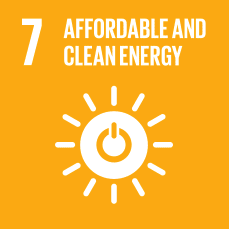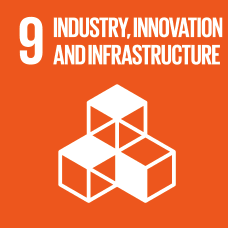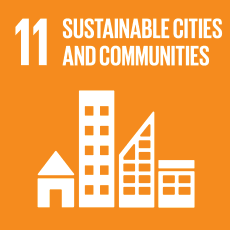




Following the investment decisions by the Polish and Danish transmission operators, meaning that the joint Baltic Pipe project is approved, PGNiG will be able to win contracts for the supply of gas from the Norwegian Continental Shelf (from its own deposits and imported).
In the medium-term and long-term perspective, PGNiG will focus on the performance of its long-term contractual obligations concerning minimum offtake (Yamal contract) and contracted volumes of LNG, delivered on an ex-ship (Qatargas and Cheniere – from 2019 onward) and free-on-board basis (Venture Global LNG, Inc., Port Arthur LNG, LLC– planned from 2023 onward), taking into account that free-on-board contracts allow PGNiG to sell LNG on foreign markets.
If an unforeseen increase in demand for gas fuels occurs, PGNiG will purchase natural gas under short-term contracts from the neighbouring countries or on the LNG market. The planned extension of the LNG terminal in Świnoujście – to 7.5 bcm of natural gas per year at the first stage, and then to 10 bcm annually – will facilitate delivery of greater volumes of LNG to Poland.
Apart from operations on the OTC and exchange markets, PST will expand its wholesale business to include services for municipal utilities and resellers, offering standard and structured commercial products and services related to trade (e.g. balancing group services). PST started trading in new commodities (crude oil, diesel oil) and with new markets (Henry Hub), to be able to secure prospective LNG transactions and generate margin on its own transactions.
For the purposes of long-term free-on-board supply contracts, PST commenced a tender procedure to charter two gas carriers capable of receiving and transporting the purchased LNG. The procedure is expected to be completed by the end of Q2 2020.
On November 29th 2019, PGNiG signed a five-year exclusive contract for the use of the low-scale LNG collection and handling station in Klaipėda. It is a major step in PGNiG’s building competence and market position in this market of Central and Eastern Europe and the Baltic Sea basin. The contract with Klaipedos Nafta will take effect on April 2020.
PGNiG will also gain better access to the small-scale LNG market in the Baltic States, and increase competitiveness of its services for customers from the north-eastern Poland and Central and Eastern Europe. The commercial capabilities and relations acquired by the PGNiG Group in Klaipėda will enable smooth launch of bunkering operations and transactions at the Świnoujście terminal after it is expanded and the wharf enabling provision of this service is placed in service in 2023. Currently, the PGNiG Group bunkers ships from road tankers berthed in ports (truck-to-ship method).
To enhance its revenue potential, PGNiG OD will continue to expand its balanced product portfolio to be able to offer solutions tailored to customer needs. PGNiG OD seeks to achieve synergies, beneficial to its customers, in the area of energy solutions complementing the natural gas offering. This is consequent, among other things, upon customers’ growing demand for hybrid solutions encompassing RES, LNG, energy efficiency, etc. The Company builds CNG service stations, cooperates with local governments, launches complimentary products (such as road assistance packages). PGNiG OD introduces solutions based on renewable energy sources and cogeneration, supporting initiatives aimed at replacement of heat sources with low emission ones.
PGNiG OD is engaged in business development activities in the following sectors:
PGNiG OD promotes the use of CNG and LNG in transport as a natural solution complementary to electromobility on the way towards clean urban and heavy transport. In developing the CNG and LNG product range, PGNiG OD also focuses on LNG bunkering and increasing the share of LNG sales in the B2B segment through construction of regasification stations.
PGNiG OD continues to expand its new business line in the photovoltaic segment and in October 2019 will launch its offering for business customers.
PST ES is currently in the process of restructuring which started in 2019, and is actively scanning the market in search of prospective buyers of its retail operations.
In accordance with the schedule for the ‘Kosakowo CGSF – Construction of Five Caverns, Cluster B’ project, in 2020 the construction of the K-7 and K-10 chambers at the Kosakowo CGSF will be continued to expand the storage capacities. Under the project implementation agreement, the completion is scheduled for 2021. After the construction of cluster B is completed, the working capacity will have been increased to ca. 300 mcm.
GSP intends to enter foreign markets in order to grow its customer base and secure new sources of revenue. The services offered abroad will involve the preparation, execution and supervision of projects involving construction of underground gas storage facilities.